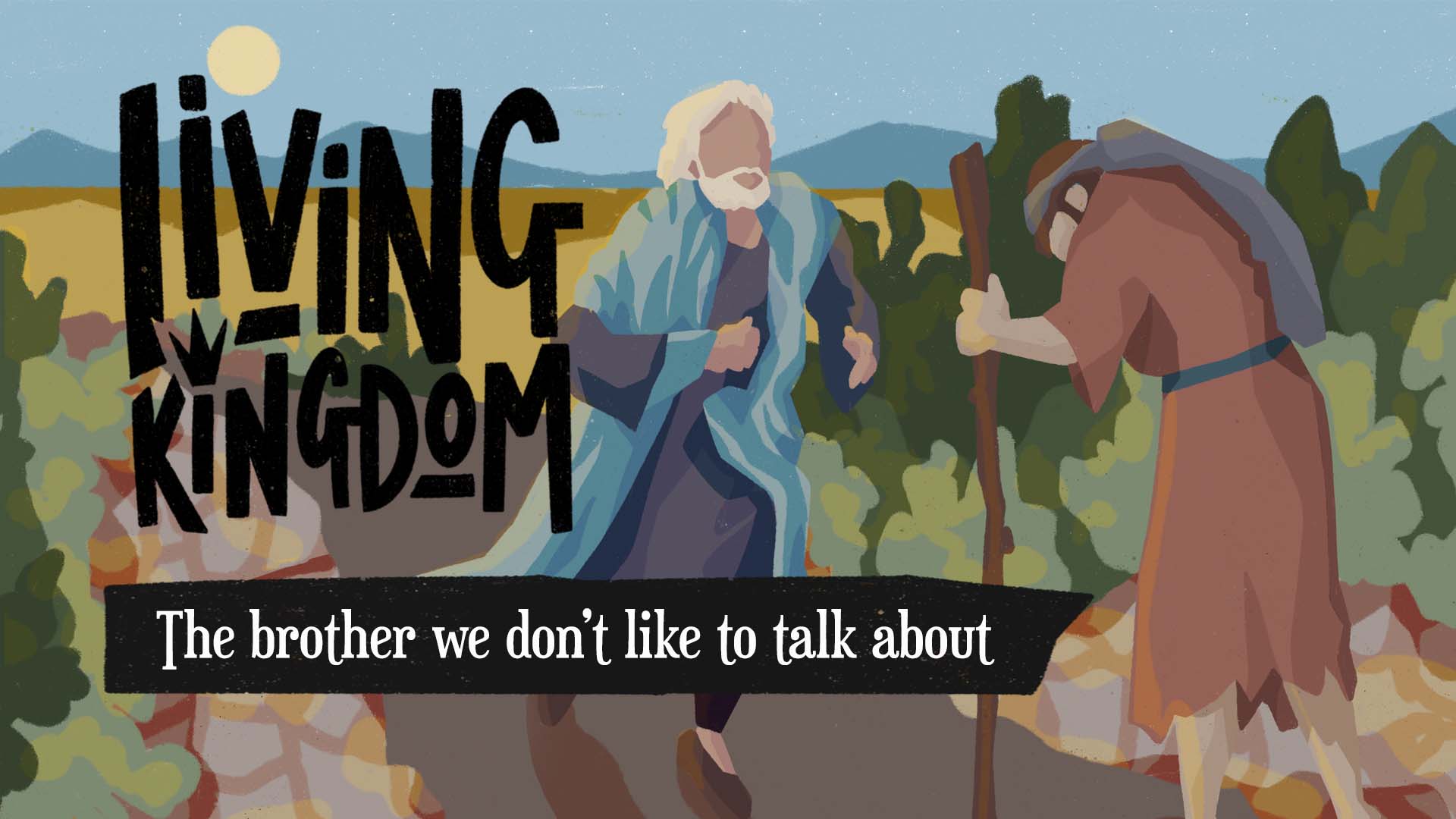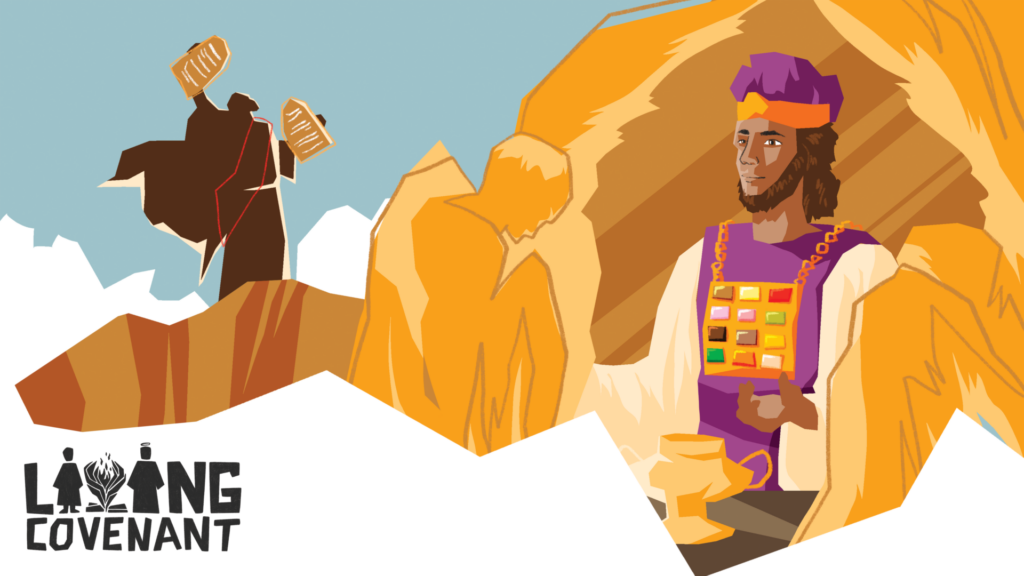Parable of the prodigal son
“Meanwhile, the elder son was in the field. When he came near the house, he heard music and dancing. So he called one of the servants and asked him what was going on. ‘Your brother has come,’ he replied, ‘and your father has killed the fattened calf because he has him back safe and sound.’
The elder brother became angry and refused to go in. So his father went out and pleaded with him. But he answered his father, ‘Look! All these years I’ve been slaving for you and never disobeyed your orders. Yet you never gave me even a young goat so I could celebrate with my friends. But when this son of yours who has squandered your property with prostitutes comes home, you kill the fattened calf for him!’
‘My son,’ the father said, ‘you are always with me, and everything I have is yours. But we had to celebrate and be glad, because this brother of yours was dead and is alive again; he was lost and is found.’” (Luke 15:28-32).
I have an exceptional talent for getting lost, confidently. Whether it’s thinking I know better than the GPS and spending hours looping Sydney or believing I have five more minutes of reading time before my dad moves off to the next grocery aisle and getting promptly misplaced in Big W, my stories of getting lost are many and varied.
On one occasion, my friend Emily and I arrived a day early on a girls’ trip to Melbourne. It was cold and raining, but I was excited to go on my first non-school group trip without my parents and had my aqua blue matching luggage set in tow. We had been provided a location for the Airbnb and I happily told our airport shuttle driver its address. However, it was only upon being dropped off that I realised I had not read the instructions correctly, and we needed to pick up the key at a different spot, which was over 45 minutes of walking away. Six kilometres later, after lugging our suitcases up and down the Melbourne city streets, we finally returned, tired and hungry, to our apartment.
Emily was very gracious, and I look back on the situation with great fondness, but to this day, it serves as a warning to my fellow travellers about whether they should always trust my geographically-placed confidence. I had kept my head down and been right (technically) about the address, but my correctness didn’t hide the fact that I had overall greatly missed the point.
The story of the prodigal son (or the “lost” son) found in Luke 15:11-31 is one of Jesus’ most popular parables, and rightly so. Told to a motley crew of tax collectors, sinners, Pharisees and teachers of the law, and accompanying two other stories featuring lost items, the prodigal son serves as a picture perfect example of the gospel in action. A youngest son insultingly asks his father for his inheritance, goes and squanders it, eats pig food and then is greeted with a party upon coming home. To put it another way, radical, counter-cultural, extravagant love and forgiveness is provided to an undeserving, wayward individual who has repented from his ways and returned to the father. We like this story, and we as a church love the younger brother, because he reminds us that no matter how far we run, we can always come home to Jesus.
An extra character
However, there is one other character we often ignore. The older brother—the one out in the field, who upon hearing of his brother’s return becomes “angry and refuse[s] to go in” to the party. His storyline takes up nearly half of the parable, and his reaction is deemed by scholars to parallel the grumbling of the Pharisees at the beginning of the chapter over Jesus interacting with sinners. We don’t like the older brother. He reminds us of people in our own congregation. The judgemental, entitled ones. We don’t like to talk about the older brother because he makes us uncomfortable, and because he doesn’t get the redemptive repentance spin of the younger brother. We don’t like to talk about the older brother because often, we can identify with him.
Our Adventist history is firmly placed in a deep discussion and analysis of biblical truths in line with the gospel. In fact, our pioneers would often receive new converts by going into towns and successfully debating theological points with pastors of other denominations, convincing them of a new way of interpreting Scripture. This desire for truth is something we should be incredibly proud of, as is the community of faith which is one of the fastest growing in the world. However, this parable causes us to question whether our focus on working diligently and having the truth, causes us to at times miss the point.
“We have two sons,” says Tim Keller in his book The Prodigal God, “One ‘bad’ by conventional standards and one ‘good’, yet both are alienated from the father . . . there is not just one lost son in this parable—there are two.” This parable clearly highlights that, as per our belief surrounding the gospel, our diligent work is not enough, and will never be enough to save us. Both sons are given an option of redemption by the father through his invitation to come and join the party, and both sons are in desperate need of the father and his love.
Kenneth Bailey in Finding the Lost Cultural Keys to Luke 15 notes that the structure of the second half of the parable, which details the older brother, contains one fewer stanza, inviting the audience to “finish the play”. This parable marks a call to action for the faithful, older brothers. It calls us to question when our service to God has made us feel entitled and caused us to not acknowledge the struggling people in our pews. It asks us to analyse whether our worship leading, internet debates and program planning actively seek to welcome younger brothers to the fold, or merely seek to pat ourselves on the back for a job well done. And finally, it presents a blistering criticism of the presence of legalism within our churches.
However, despite this call for action, the parable also offers the gospel to us as older brothers. John Nolland, in the Word Biblical Commentary, offers this hope: “There is nothing here to threaten God’s faithful sons. Their place with God remains secure; their inheritance is undisturbed. But they should not imagine that they have a claim upon God that excludes others. Nor should they imagine that their faithful efforts place God in their debt . . . The challenge to them is to recognise and rejoice in this rescue operation now proceeding apace. They should come on in and join the party.”
In this parable, Jesus outlines simply the beauty of the gospel. He extends mercy and grace to the wayward younger brother, but also showcases a God who will leave “rejoicing in heaven” to access the faithful, older brother who, through his focus on his work, has forgotten why he was working in the first place. The story of the prodigal son shows us that God is a God of the lost, whether or not we ourselves are aware of our lost-ness.
May this parable remind us of the importance of working hard towards the kingdom with a grateful heart. May it allow us to see the benefits of staying in close relationship with Jesus, the Pioneer and Perfector of our faith. But may it also remind us of the need to look up from our labour, see our Father calling to us, and come in with gladness to the party to welcome our brothers and sisters in Christ home.
Jessica Krause is a recent law and communication graduate from the University of Newcastle who lives on the Central Coast with her family.







